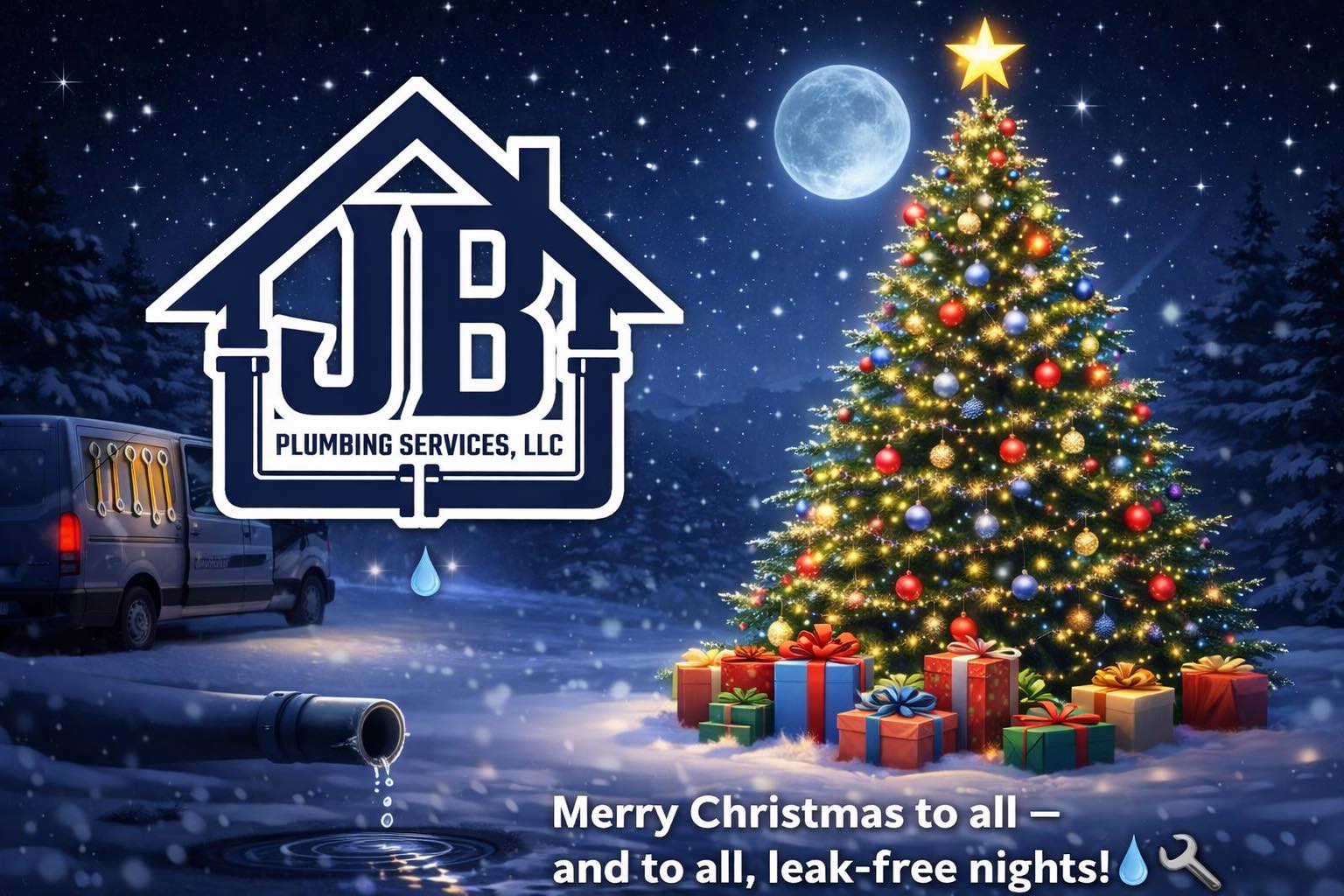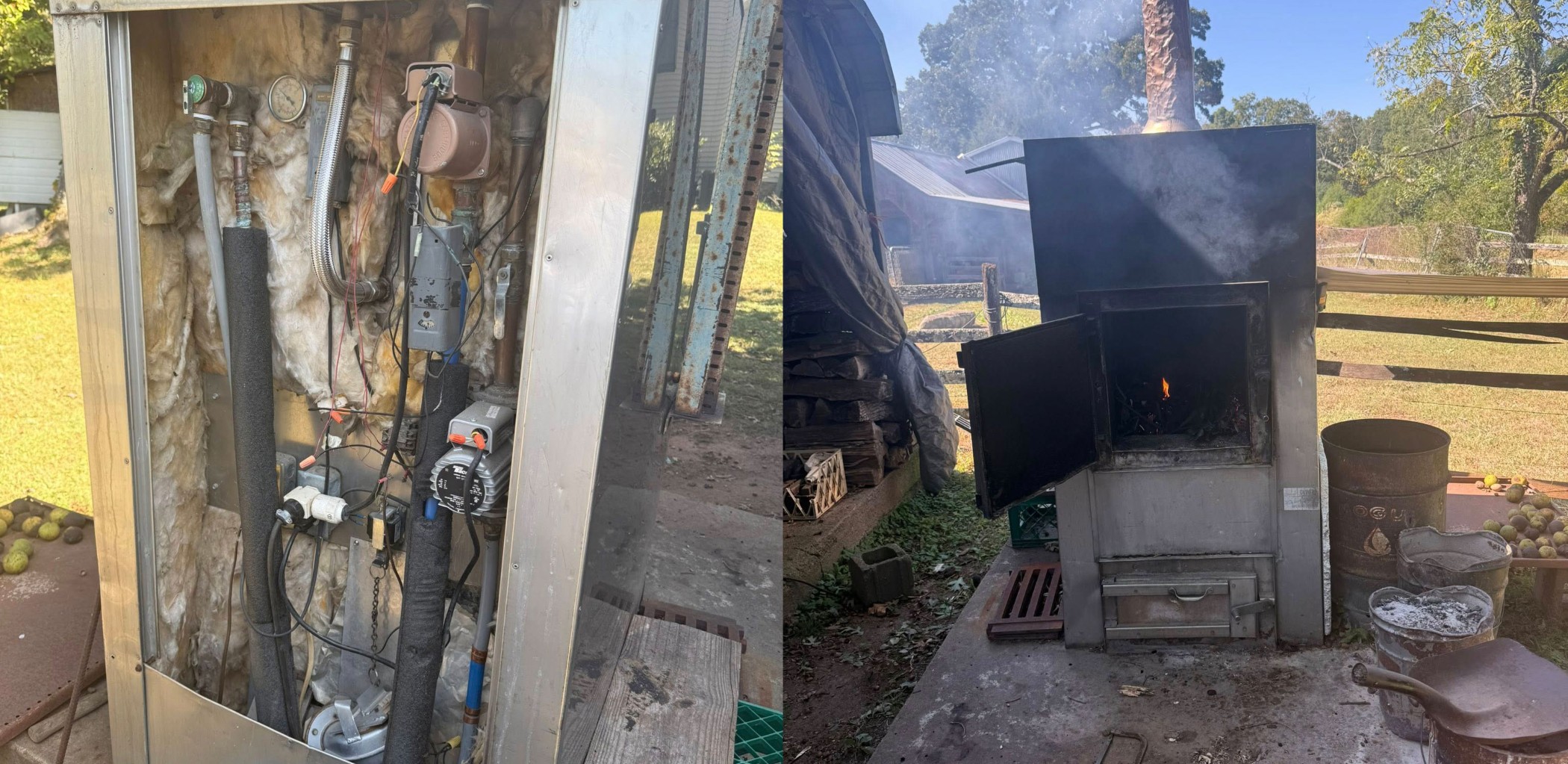Yes, high humidity can affect your home plumbing systems, especially in areas like Greenville and Spartanburg, South Carolina, where summer months bring elevated humidity levels. By grasping the potential repercussions, you can proactively care for your plumbing system and steer clear of troubles down the line. Let’s dive into how humidity affects your plumbing and what you can do about it.
The Impact of High Humidity on Plumbing
High humidity can lead to several plumbing issues, primarily due to the increased moisture in the air. Brace yourself for some of the primary challenges that might come your way:
Condensation and Water Damage
The oppressive humidity can coax condensation out of the air, making cold water pipes sweat. This deluge of excess moisture can wreak havoc, causing water damage, spawning mold colonies, and even compromising your home’s structural integrity if you turn a blind eye. According to the Environmental Protection Agency (EPA), mold can start to grow on surfaces with excess moisture within 24-48 hours, posing health risks to your family.
Increased Pressure on Drains
Humid air can also affect the performance of your drains. The increased moisture can lead to more frequent use of plumbing fixtures, putting extra pressure on your drain system. This can result in slower drainage, clogs, and even backups if your system isn’t up to the task.
Corrosion and Rust
The surplus of moisture in the air can put metal pipes and fixtures in a state of rapid decay, causing them to corrode and rust at an accelerated pace. This is particularly true for older homes with metal plumbing systems. Corroded pipes are more susceptible to leaks and can reduce the overall lifespan of your plumbing infrastructure, as noted by the American Society of Plumbing Engineers (ASPE).
Pest Infestations
High humidity creates an ideal environment for pests like cockroaches, ants, and termites, which can infiltrate your plumbing system through cracks and crevices. These unwelcome critters can wreak further havoc on your pipes and fixtures, saddling you with hefty repair bills.
Minimizing the Impact of High Humidity on Your Plumbing
While you can’t control the weather, there are several steps you can take to minimize the potential negative effects of high humidity on your home’s plumbing system:
Insulate Your Pipes
Insulating your cold water pipes can help reduce condensation. Pipe insulation is relatively inexpensive and easy to install, providing a effective barrier against moisture buildup.
Maintain Proper Ventilation
Make sure your home breathes easily, especially in moisture-prone areas like bathrooms and kitchens. Employ exhaust fans and contemplate installing dehumidifiers to keep those humidity levels from spinning out of control.
Regular Maintenance
Schedule regular plumbing maintenance to inspect your pipes and fixtures for signs of corrosion, leaks, or pest damage. Catching issues early acts as a shield, preventing small hiccups from snowballing into catastrophic failures.
Upgrade Your Plumbing
If your home has older metal pipes, consider upgrading to more modern materials like PVC or PEX, which are less susceptible to corrosion and rust. This can be a significant investment but will pay off in the long run with reduced maintenance and repair costs.
Address Leaks Promptly
Even the tiniest of leaks can fan the flames of humidity and moisture issues. Regularly check for and fix any leaks in your plumbing system to maintain optimal performance.
By taking these proactive steps, you can mitigate the impacts of high humidity on your home’s plumbing system and ensure it runs smoothly throughout the year. If you need help fighting the effects of high humidity, don’t hesitate to contact JB Plumbing Services for expert help.






